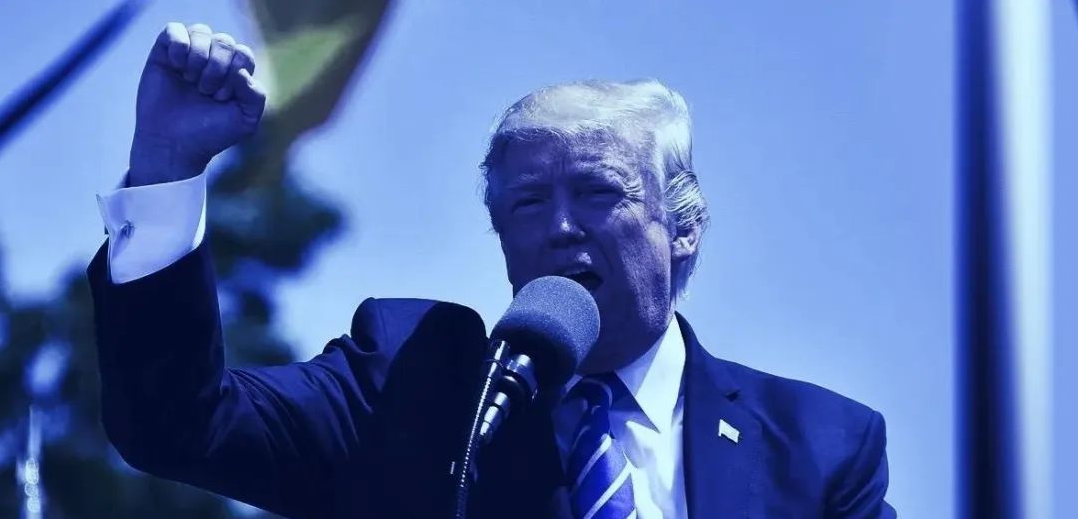The German government approves a blockchain strategy to prevent stable currency from becoming an alternative currency
The German government has approved a blockchain strategy aimed at preventing stable currencies from becoming alternative currencies and threatening national sovereignty.

Image source:
Reuters reported on September 18 that the cabinet of German Chancellor Angela Merkel passed the strategy earlier today, apparently to ease the upcoming Libra cryptocurrency band of social media giant Facebook. The risk of coming.
- "Encryption Mom": US encryption talent is losing, clear regulation is imminent
- Babbitt column | Investment opportunities in the secondary market are greater than the primary market
- Vernacular than the original chain cross-chain technology
We will not leave the currency issue "to the private sector"
Reuters quoted German Finance Minister Olaf Scholz as saying that although the government wants to further strengthen Germany's position as a leading technology center and foster blockchain innovation as a core component of the future Internet, the German government issues blockchain currency to the private sector. The outlook remains cautious:
"We must protect consumers and national sovereignty. The core element of national sovereignty is the issuance of currency, and we will not leave this task to the private sector."
The newly approved strategy will enable Germany to maintain close ties with European and international allies, prevent digital stable currencies from becoming alternative currencies, and strengthen dialogue with the Bundesbank to explore the potential benefits and risks of digital central bank currencies.
Germany and France have consolidated their position on Libra
According to Reuters, the strategy document further revealed that the German government plans to introduce new legislation in 2019 to allow the introduction of blockchain electronic bonds.
Felix Hufeld, head of German financial regulator Bafin, told reporters last week that the agency is "in-depth discussion with Libra." He said that Libra developers have only roughly considered some key economic issues:
“We asked the question and got a response. We asked very specific questions, but the answers we got were not very detailed.”
Yesterday, German Finance Minister Olaf Scholz said that Germany will obviously have to refuse to use a currency similar to Libra. This statement echoes the remarks of German Congressman Thomas Heilmann and France's firm anti-Libra stand.
French Finance Minister Bruno Le Maire vowed to stop Libra's approval in Europe. He believes that Europe should consider launching its own "public digital currency" to challenge Libra.
We will continue to update Blocking; if you have any questions or suggestions, please contact us!
Was this article helpful?
93 out of 132 found this helpful
Related articles
- The market is gradually stabilizing, waiting patiently for new trends
- The opponent is also a friend? Seeing the competition and cooperation between stable currency and commercial banks from the IMF report
- Babbitt Watch | Why are central banks indifferent to Bitcoin, but against Libra?
- Casper Labs parent company CEO: Once the scalability problem is resolved, the blockchain will release the magic
- Thousands of Coins: The Rise of the Stabilizing Coins of the New Currency War
- Coinbase led startups plan to develop the Dapp Developer Center and build the Web 3.0 version of Github
- change! New hotspots in blockchain investment allow traditional investors to take the initiative to “think” and grasp future investment trends






